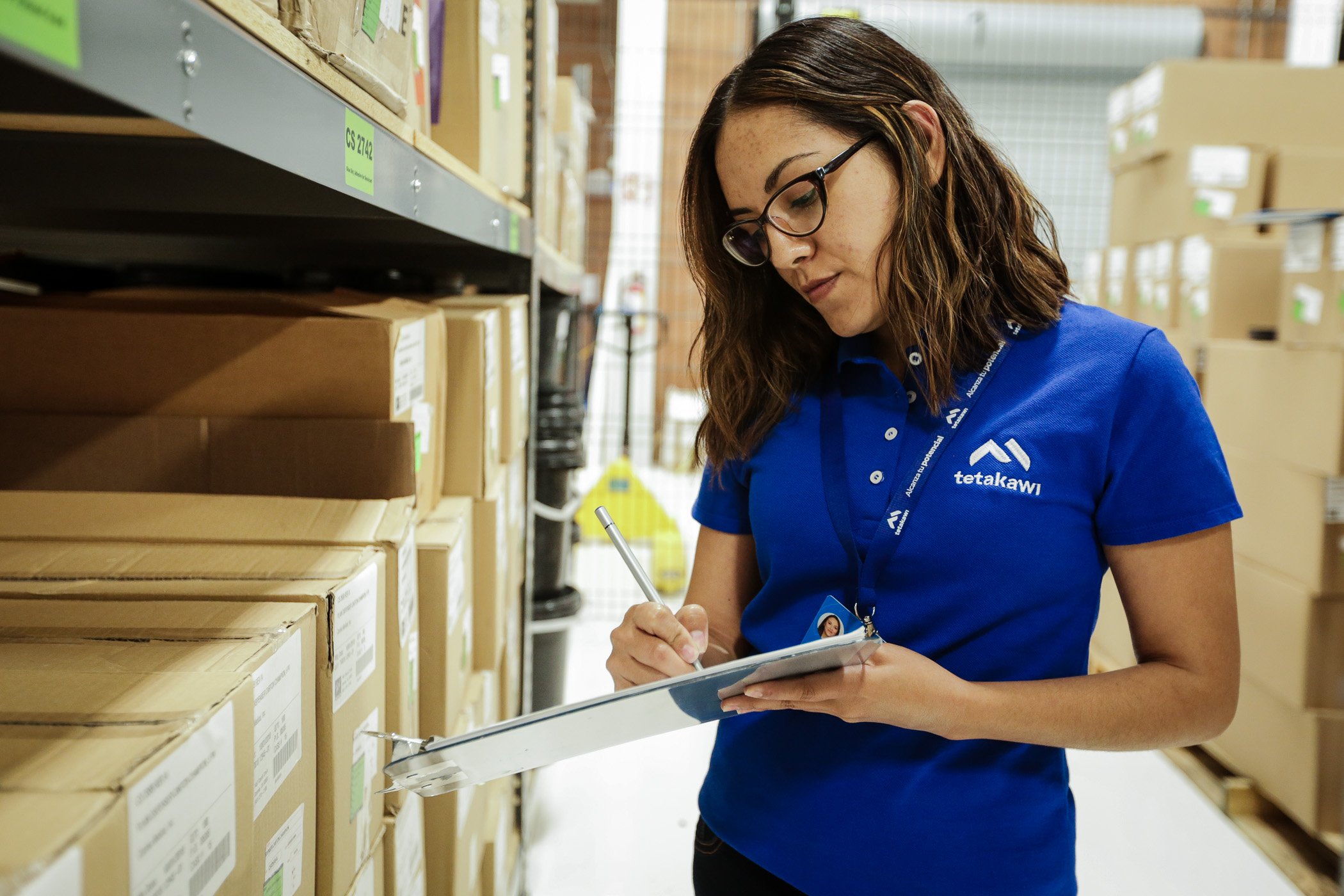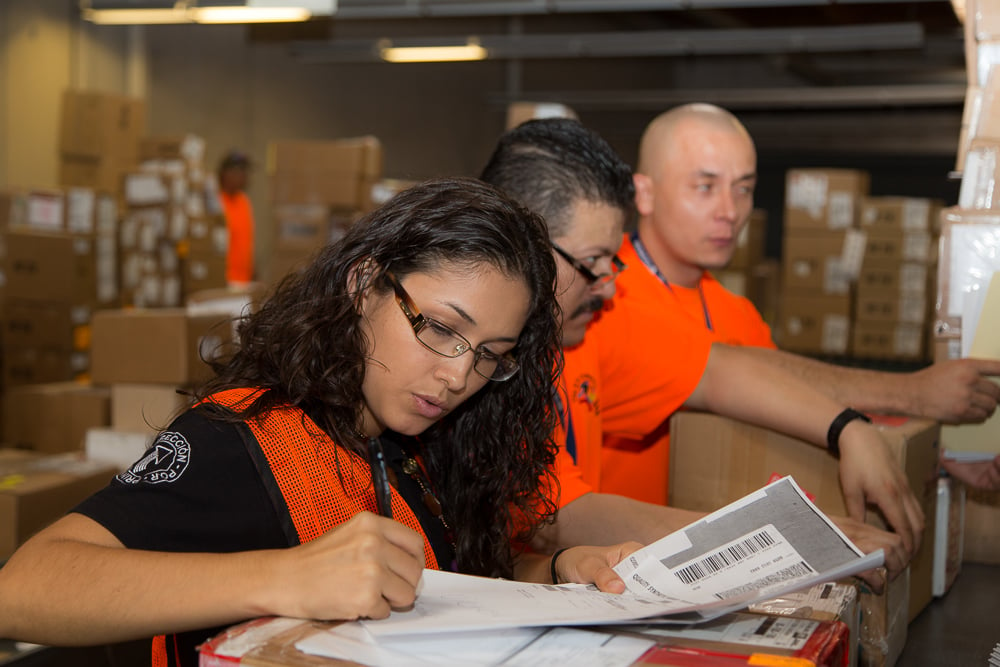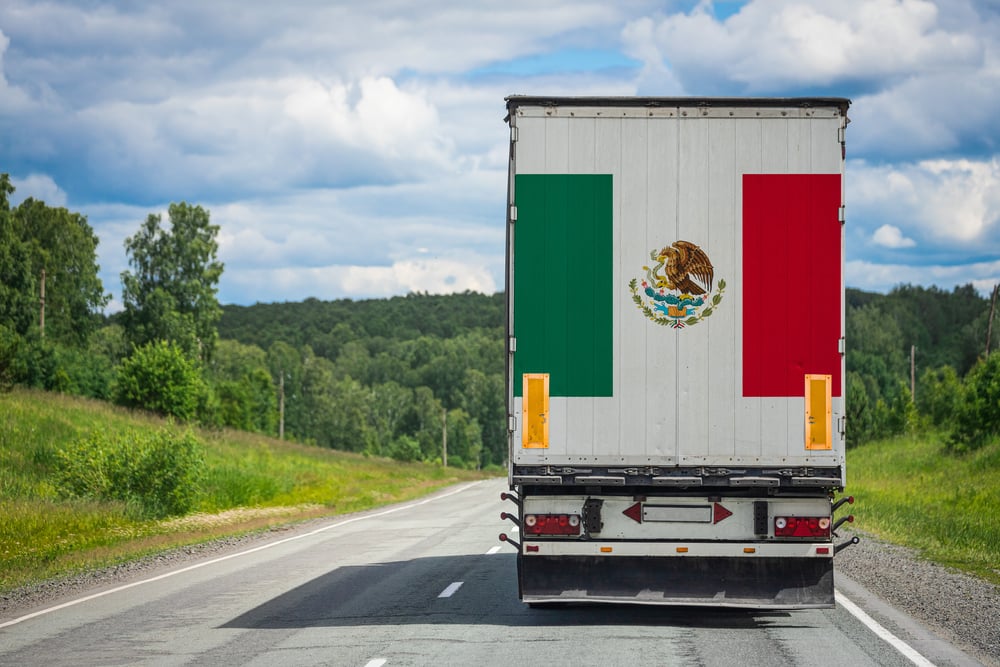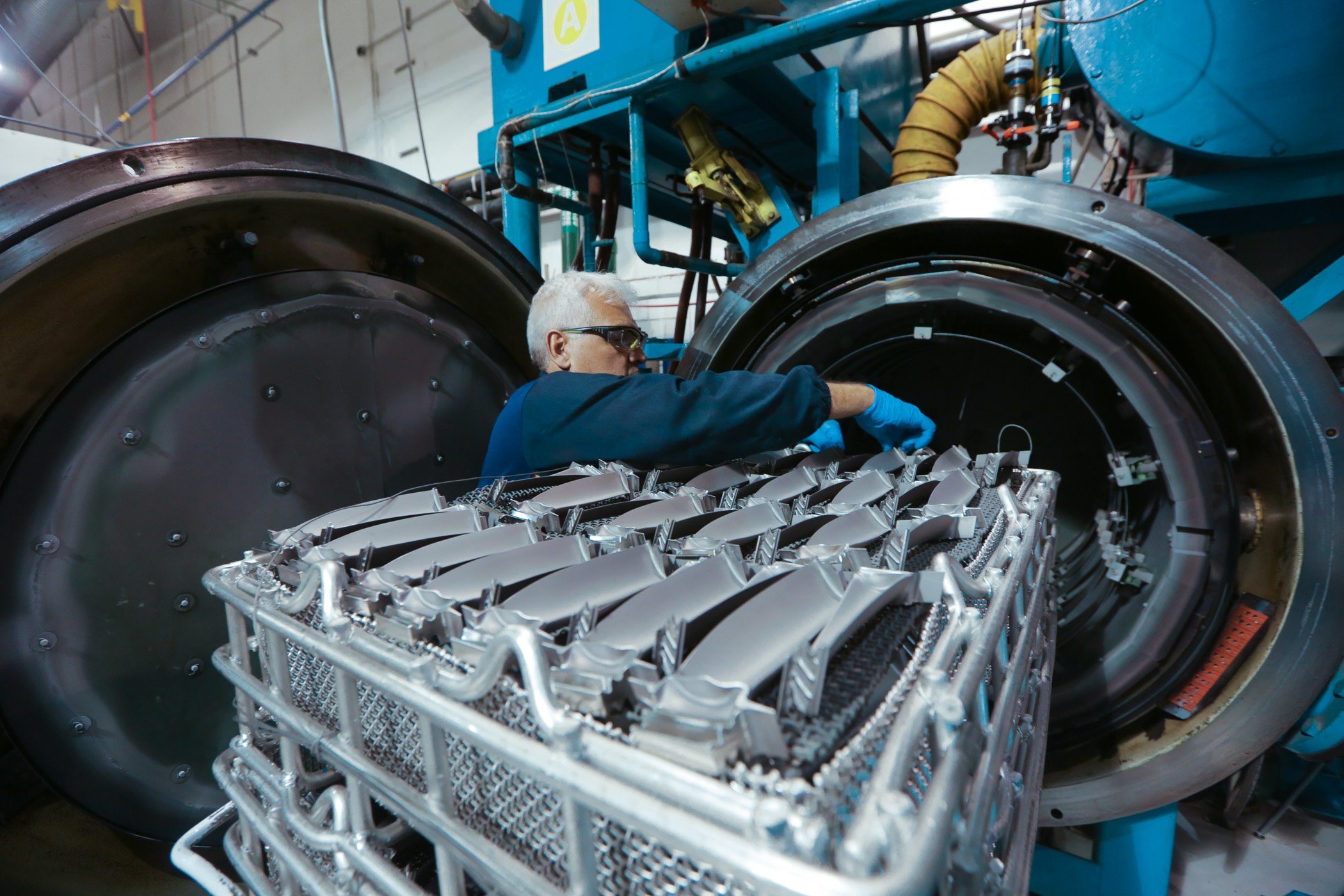If you're thinking about manufacturing in Mexico, or if you're already there, understanding Annex 24 (Anexo 24) is crucial. This regulation governs the temporary importation of materials and can significantly impact your business operations. This guide aims to simplify Annex 24, making it easier for you to navigate the complexities of manufacturing in Mexico.
The IMMEX Program: A Gateway to Manufacturing in Mexico
Under the IMMEX program, manufacturers in Mexico are allowed to carry out "temporary" importations of production materials—those materials used to produce goods that will then be exported—without having to pay taxes and duties. However, the resulting goods must be moved out of Mexico within a certain timeframe or transferred to another IMMEX company, lest they lose their temporary status.
Unlocking the Benefits of IMMEX
The IMMEX program offers a host of advantages that can significantly benefit your business:
-
Tax Advantages: Duty-free importation of raw materials and machinery can result in substantial cost savings.
-
Streamlined Customs: Simplified customs procedures mean quicker import and export of goods, giving you a competitive edge.
-
Global Competitiveness: Reduced production costs make your company more competitive globally, making it easier to break into or expand within international markets.
For a more comprehensive understanding of the IMMEX/Maquiladora Program, watch this video below:
What is Annex 24? The Rulebook for Temporary Importation in Mexico
But how are the comings and goings of those temporary goods tracked? That was a question asked during the 2014 Mexican Tax Reform. The answer? Annex 24.
Annex 24, or Anexo 24, as it is referred to by the Mexican Customs and Tax Authority, lays out requirements for securely tracking temporarily imported goods. It mandates that industrial taxpayers use an automated inventory control system that monitors all temporary goods imported into Mexico. The system monitors the course of temporary goods as they are transferred to other companies, sent to a production line, donated, or altered in any way through a manufacturing process. Registration within the system is required for all businesses that wish to obtain and maintain IMMEX Certification. By understanding the requirements of Annex 24, companies manufacturing in Mexico can ensure their regulatory compliance.
Timing Requirements: The Clock is Ticking

Compliance with Annex 24 hinges upon meeting timing requirements. The goods imported on a temporary basis must be either exported or changed from a temporary to permanent status within the legally required timeframe. That timeframe varies among product types:
-
Up to 18 months for raw materials, parts, components, auxiliary materials, packaging material, fuel and lubricants, and labels imported by an IMMEX company.
-
Up to six months for virtual temporary imports of raw materials, parts, and components.
-
Up to 36 months for goods imported by an IMMEX company that is also authorized under the VAT/IEPS Certification Framework.
-
Up to four years for an importer authorized under the Electronic System for Temporary Inventory Control (SECIIT).
-
Up to two years for trailer containers and other containers.
Manufacturers must demonstrate that they are returning abroad a minimum of 60% of the value of temporary imports in the required timeframe.
Reporting: The Backbone of Compliance

Companies report the movement of their goods through automated systems for inventory control. These systems provide the required auditing and reports as needed and can be sourced from a range of software and Import & Export service providers.
-
Catalogs: Contain general taxpayer data, such as company name and location, as well as a list of each material being tracked and suppliers, sub-manufacturers, and customs representatives interacting with the product.
-
Customs Modules: Contain information tailored to meet Mexican Customs requirements for tracking temporary imports. This includes customs declarations, timing on when materials entered Mexico, and more detailed descriptions of materials and how the good was used during its temporary entry into Mexico.
-
Reporting Modules: Will pull from these catalogs and custom modules to generate the necessary reports on temporary goods. Those reports include:
- Entry report of temporary import goods
- Exit report of temporary import goods
- Balances report for temporary import goods
- Material discharge report
- Adjustment report
Consequences of Noncompliance
Compliance with temporary goods tracking and reporting requirements is mandatory. Noncompliance carries steep penalties. Not using an appropriate inventory control system can lead to tax penalties of up to $20,000, while not paying the full amount of import duties on temporary goods can cost up to 150% of the value of the goods.
However, failure to comply with Annex 24 requirements can also have more permanent consequences, as it can lead to the cancellation of your company’s IMMEX certification. This typically occurs when temporary goods outstay their limitations or those goods are changed or transferred without appropriate notification to Customs authorities.
Partnering with a Shelter Company: Your Safety Net
If navigating Annex 24 and the IMMEX program seems daunting, a shelter company can be your safety net. These firms specialize in helping businesses set up and operate in Mexico. They often have dedicated teams of import and export specialists who can guide you through the intricacies of Mexican regulations. Some even offer proprietary automated systems designed to facilitate compliance with Annex 24, making it easier for you to focus on your core business activities.
Take the Next Step with Tetakawi: Your Partner in Mexican Manufacturing
Understanding Annex 24 is crucial for successfully navigating the complexities of manufacturing in Mexico. But you don't have to go it alone. Tetakawi can be your trusted partner in this journey, offering expert guidance and tailored solutions to meet your specific needs.
Ready to take the next step in your manufacturing journey in Mexico? Contact Tetakawi today to learn how we can help you achieve compliance, efficiency, and success.
Subscribe
Sign up and stay informed with tips, updates, and best practices for manufacturing in Mexico.
Table of Contents:
- The IMMEX Program: A Gateway to Manufacturing in Mexico
- What is Annex 24? The Rulebook for Temporary Importation in Mexico
- Timing Requirements: The Clock is Ticking
- Reporting: The Backbone of Compliance
- Consequences of Noncompliance
- Partnering with a Shelter Company: Your Safety Net
- Take the Next Step with Tetakawi: Your Partner in Mexican Manufacturing






